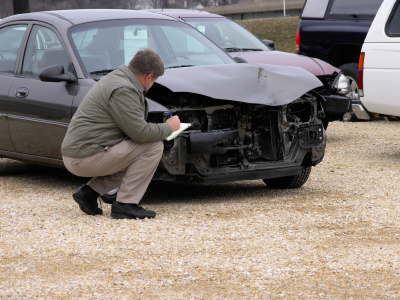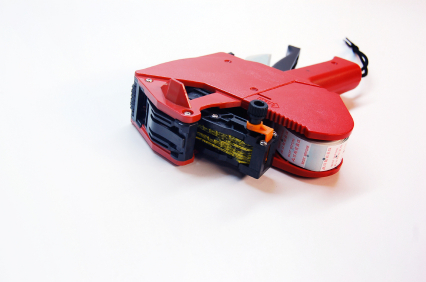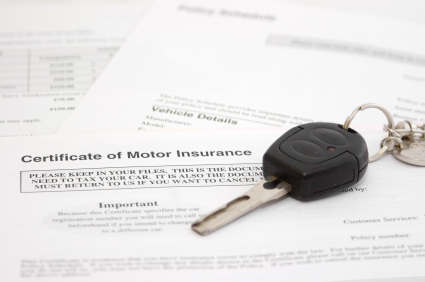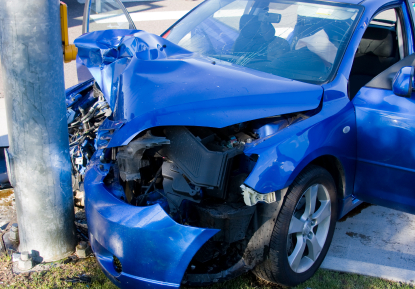Car Insurance Deals for Smart Shoppers
Finding car insurance deals by purchasing multiple insurance, getting group discounts, being a good driver and buying insurance directly.
Finding a sale on something that you had to purchase anyway is a great feeling. Unfortunately, finding a sale in the world of car insurance never happens. But, this doesn’t mean that you can’t find some great deals on your premiums in other ways.
Multi-Everything Deals
Insurance companies like it when you keep everything you need insured all together with their company. To encourage this they offer multi-line discounts, in other words, they give you car insurance deals for agreeing to insure other items with them also.
The most common of these discounts are offered for insuring two vehicles together on the same policy (multi-car discount) or placing homeowners insurance with the same company that has your auto insurance. Some companies even offer discounts for adding your boat, motorcycle or recreational vehicle with them as well.
Group Insurance Deals
Most people know that employers offer health insurance to their employees, but few know that some even offer a discount on their home and auto insurance as well. The discount is usually through a specific insurance company that is offering a group discount to your employer.
These group car insurance deals aren’t just exclusive to an employer either. You can possibly qualify for one of these deals by having a membership to certain large warehouse stores, credit unions, athletic clubs and whatever other group that has made a deal with an insurance company to offer its members a deal on their premiums.
To find out more ask the insurance company that you are getting a quote through if they offer any group deals. They may be able to give you a list of participating groups. Also keep an eye out for advertisements offering this discount with the different groups that you belong to.
Car insurance companies like good drivers. They like them because they can keep gathering the premiums and only have to pay out on small, if any claims at all. Being a good driver also qualifies you for one or multiple car insurance deals with your premium.
Get a Deal by Passing on the Agent
Agents live off of the commission that they make on the insurance that they sell to you. This is why they are always interested in trying to get you more coverage when you ask them for a quote. In general, the more coverage that they sell to you the higher their commission is.
Passing on an agent and buying an insurance policy directly from an insurance company either on the phone or online, can get you a deal on your insurance. How? Because in most cases you won’t be paying that extra percentage that goes to paying the agents commission. The savings can range from 10%+ on your policy. Again, the savings doesn’t always happen, but it’s something to consider.
A word of advice: if you plan on going this route to get a car insurance deal be ready to be going at it alone. The 10%+ that you pay for an agent also buys you the experience and assistance that the agent can offer you.





